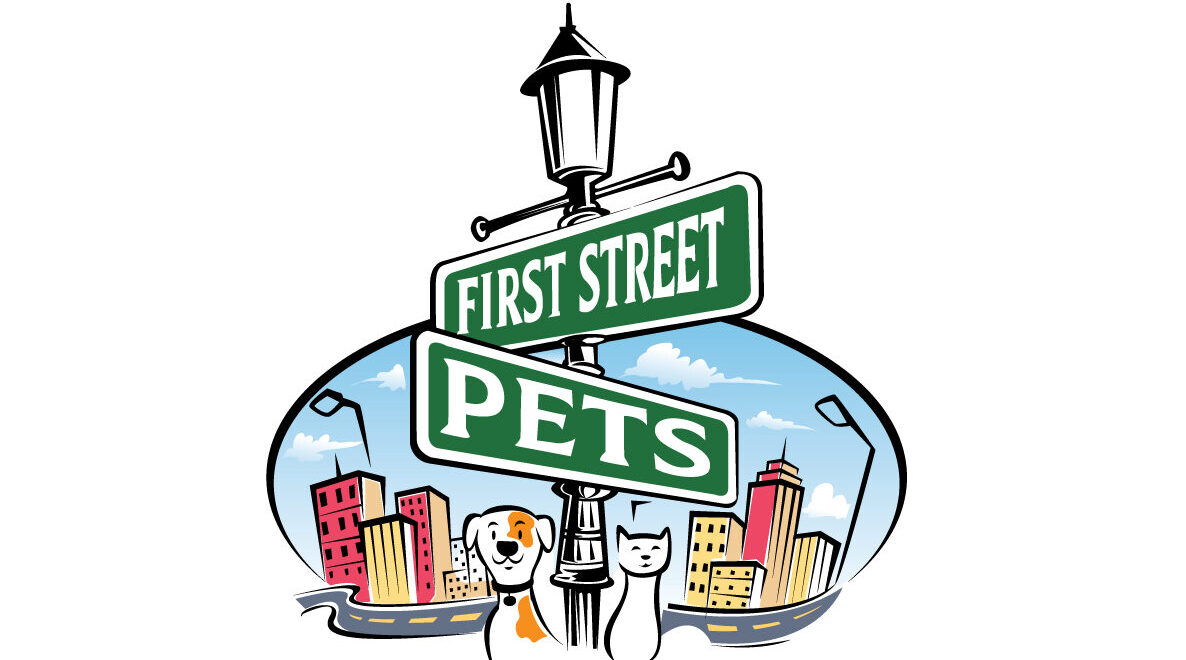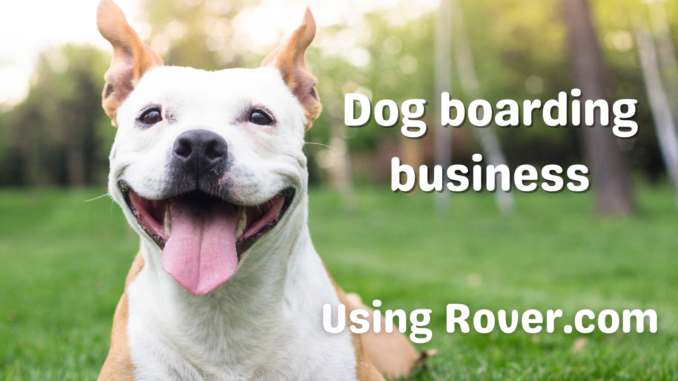
In part one we talked about the top three factors in determining if this business is right for you: Motivation, Ability, and Lifestyle. Once you’ve decided to move forward with the venture, what happens next? Here’s where you have some options.
Rover
Rover was founded in 2011 by Greg Gottesman and Philip Kimmey. Nicknamed “Uber for Pets,” Rover provides an online platform for dog owners to find care providers in their area. As of 2023 Rover claims to have over two million users in the U.S. and abroad.
A visit to Rover’s home page shows how easy it is to use. The pet owner clicks a few boxes to indicate what kind of pet(s) they have, what kind of service they are seeking, and their travel dates.
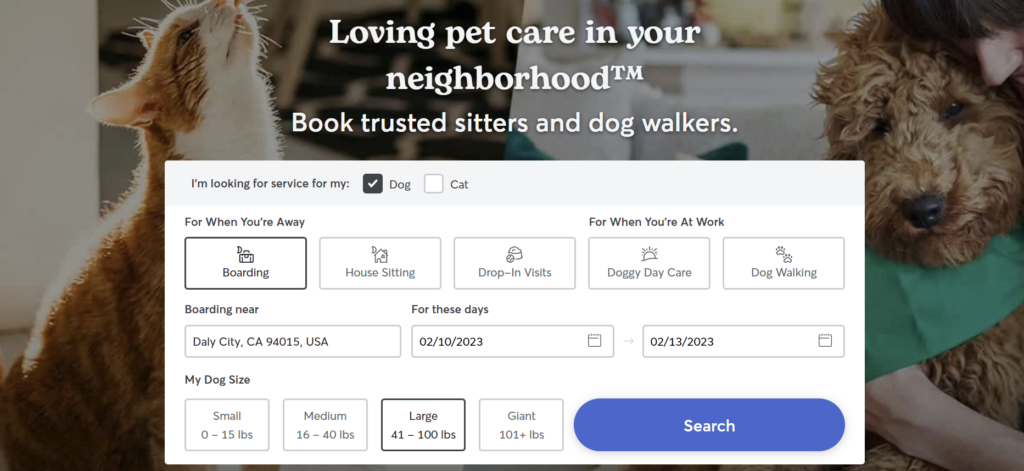
In seconds a list is produced of sitters in the area with availability at that time. The list shows a profile picture of the sitter, their name and tagline, and their starting price. It also indicates how many repeat clients and reviews they have, and it highlights a 5-star review. From here the pet owner can click on the profile to book services.
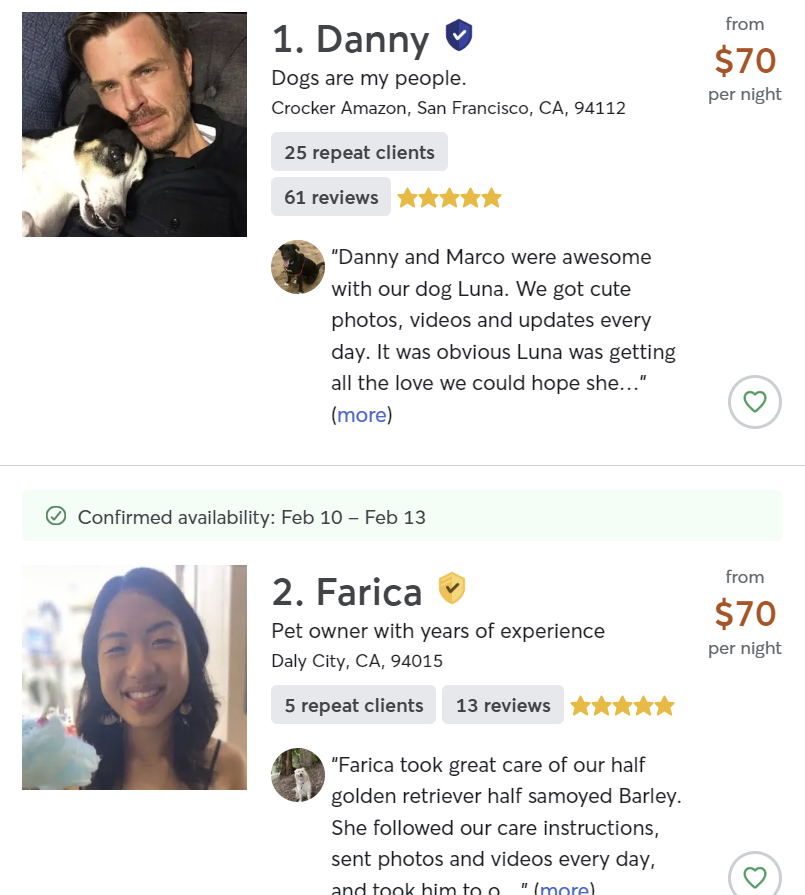
Becoming a Rover sitter is also relatively easy. Click on “Become a Sitter” at the top of the home page and follow the steps to create a profile. Within days you can start taking clients of your own and making money. Wow! If it’s this easy to get a home dog boarding business up and running, why wouldn’t you take this option? Read on to learn the pros and cons before making a decision.
Pros
Over half a million sitters offer services of various kinds through Rover, so it must be a good deal, right? Here are some of the pros of working through the Rover platform.
Quick and easy
As mentioned, signing up with Rover is relatively fast and easy. All you need is a mobile phone to sign up and start accepting clients. This is a real plus if you need to make money fast and don’t want to spend months building up a new business. While the longer standing sitters with more reviews will rank higher in search results, you will still be listed with them. Your profile may even come up first if you are available when others in your area are not, or if you offer a service they don’t.
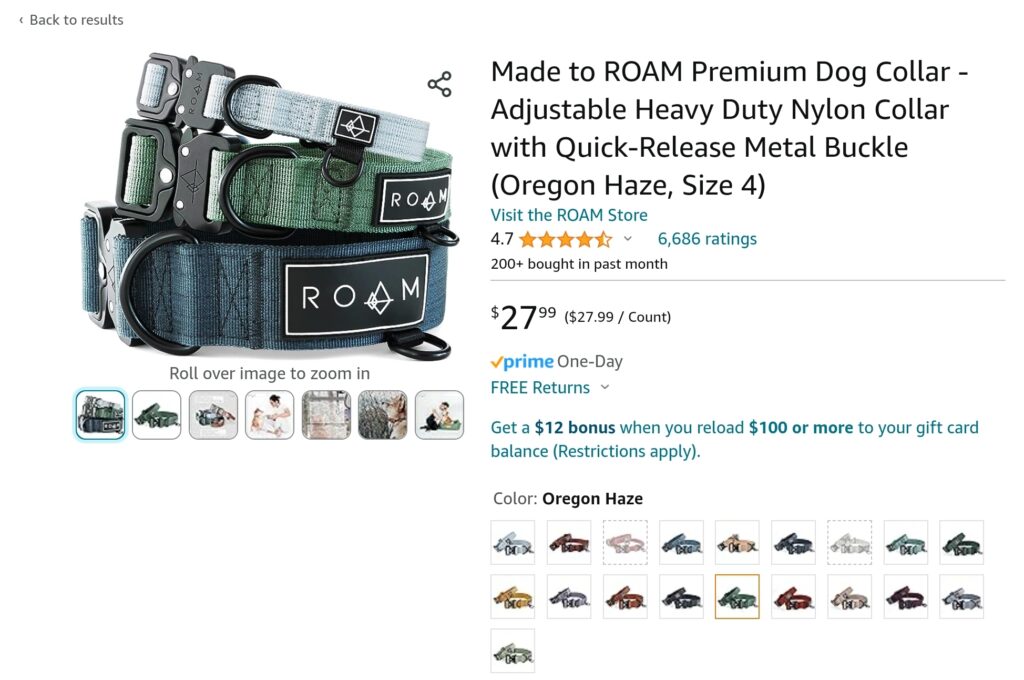
Well known
Rover spends millions of dollars on marketing, so most any search for dog sitting will lead first to Rover.com. Even if you just started last week, clients may find you because the platform is well known as an authority in the business. Their website is easy to find and to use, so that familiarity and authority can lead to work (and money) for you. If you were setting up your own website, it could take some time to rank in search engines and be seen by potential clients.
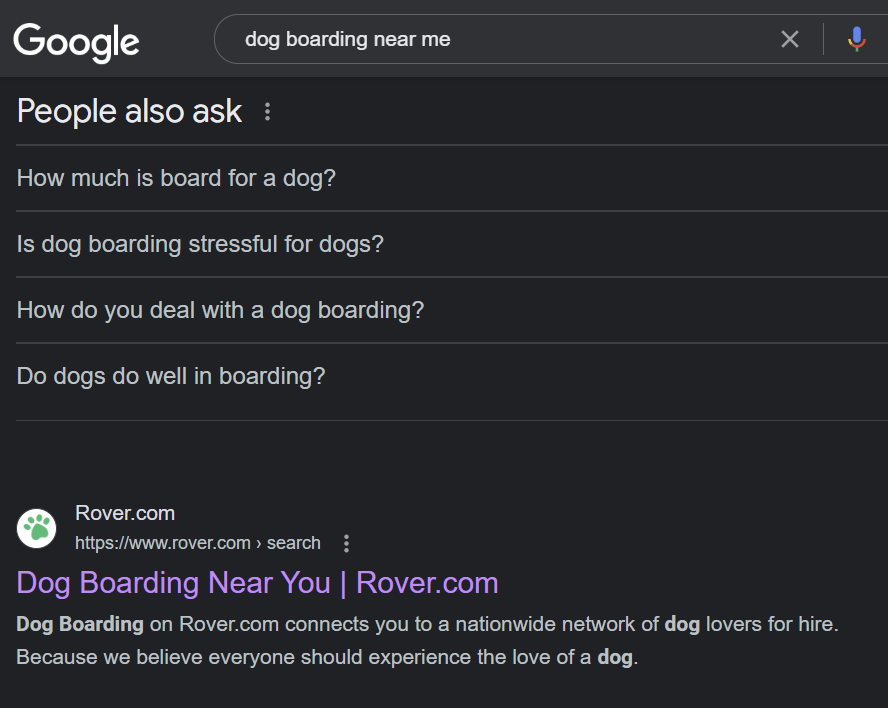
Competitive
When a dog owner searches on Rover, they are shown a list of potential sitters including their starting price. This gives new sitters an advantage, as they can price a few dollars cheaper to attract clients. Being familiar with what others charge for similar service in the same area can help you to set fair and competitive prices. When you run your own business, you may waste time on the phone with price shoppers. This system reduces that possibility as clients can’t book without seeing and agreeing to the price.
Cons
If Rover were the best way to go, no one would start their own dog boarding, pet sitting, or dog walking business. While the use of this platform has some definite advantages, it has some disadvantages to be considered before signing up.
Reputation
While Rover is well known for its services, it is unfortunately also well known for its legal problems. They have been in the news too many times with reports of dogs being lost, stolen, or killed while under the care of Rover sitters. Thousands of individuals work under the banner of this company, most with no problems, but with lack of oversight there are bound to be inexperienced and careless sitters allowing these tragedies to happen. Because of this, you may be “painted with the same brush” and perceived as untrustworthy.
With your own company, you are in charge of the quality of your work and your reputation, and potential clients won’t be influenced by the actions of others outside your business.

Profit
Easy come, easy go, can certainly be applied to profits made through a booking app like Rover. Because of the app’s popularity, sitters can seemingly rake in the cash with minimal effort. Not so fast! While the platform does provide value, it comes at a high cost.
First, because Rover is so competitive, many new sitters find it necessary to price on the low end to attract clients. Let’s say the market rate for in-home dog boarding in your area is $75. Other sitters on Rover might be charging only $50, so to be competitive you might even go as low as $45. Rover takes 20% of your pay as a “service fee,” so that leaves you with $36. You must pay taxes on that income, so subtract roughly another 25% leaving you with just $27.
If you ran your own company, you could charge $75 or even more if you market premium services and not have to worry about “racing to the bottom” charging the lowest price, only to have a chunk of it taken off the top by Rover.
Growth
While apps like Rover can be a quick and dirty way to make some money dog sitting, growing and scaling a business requires the total focus of a dedicated entrepreneur. While an independent business may start more slowly without the benefit of a corporate giant’s platform, ultimately it is all yours, and you can develop it however you like.

You may want to board dogs in your home as a primary business. You may expand and hire others to do the same in their homes. Perhaps you want to focus on large, active dogs and playgroups, so you hire someone to take smaller dogs or seniors into their home. You could hire someone to provide other services like dog walking or pet sitting at the client’s home. You can build the business of your dreams without restrictions.
Check out part three in this series, Start-up essentials.
